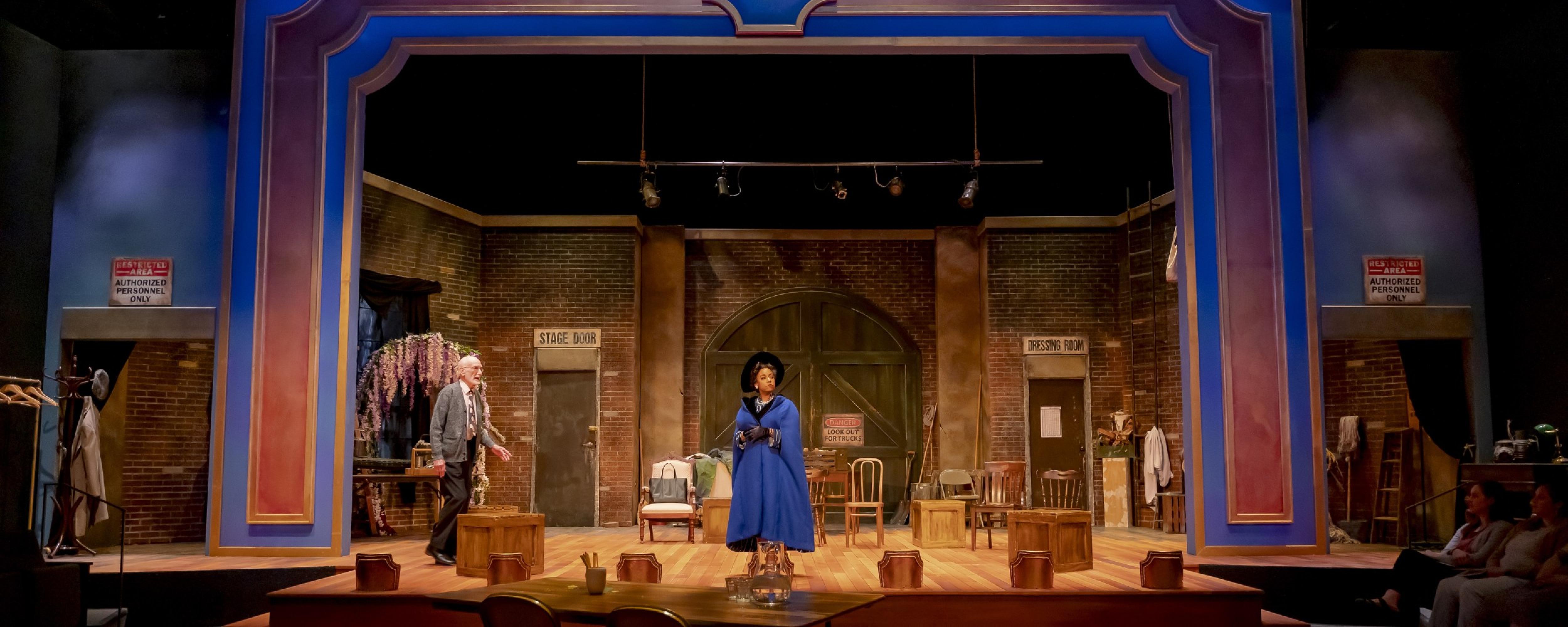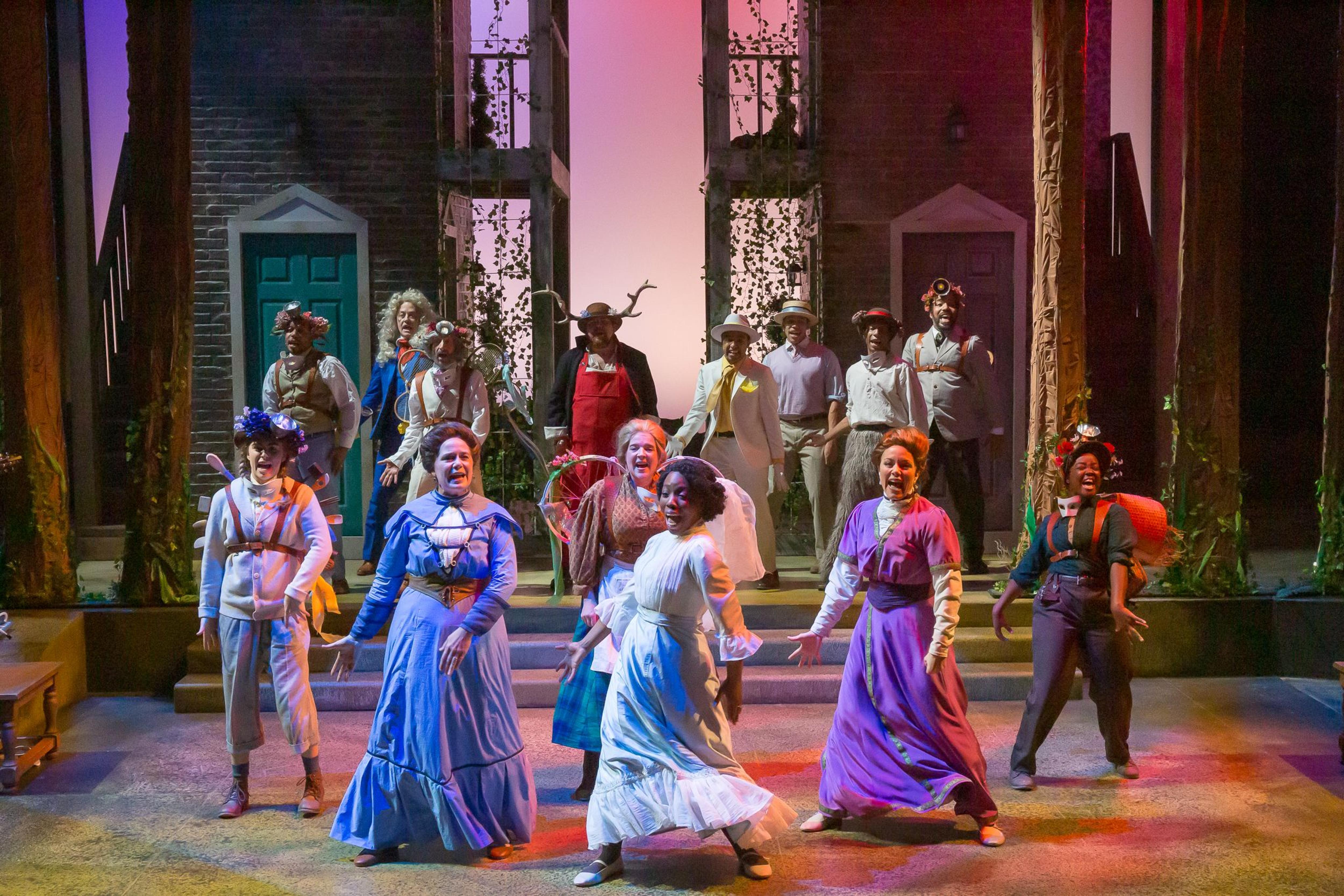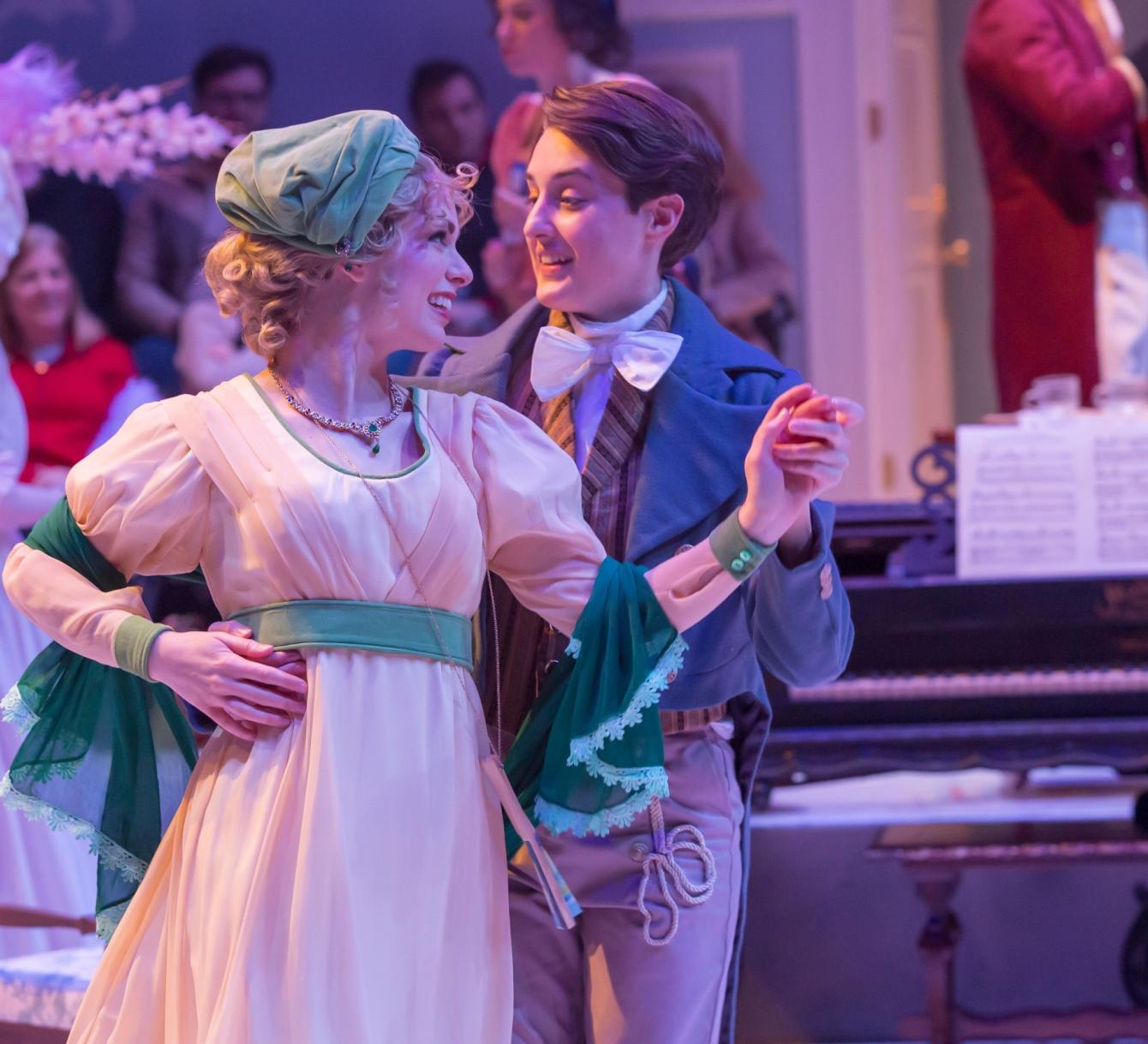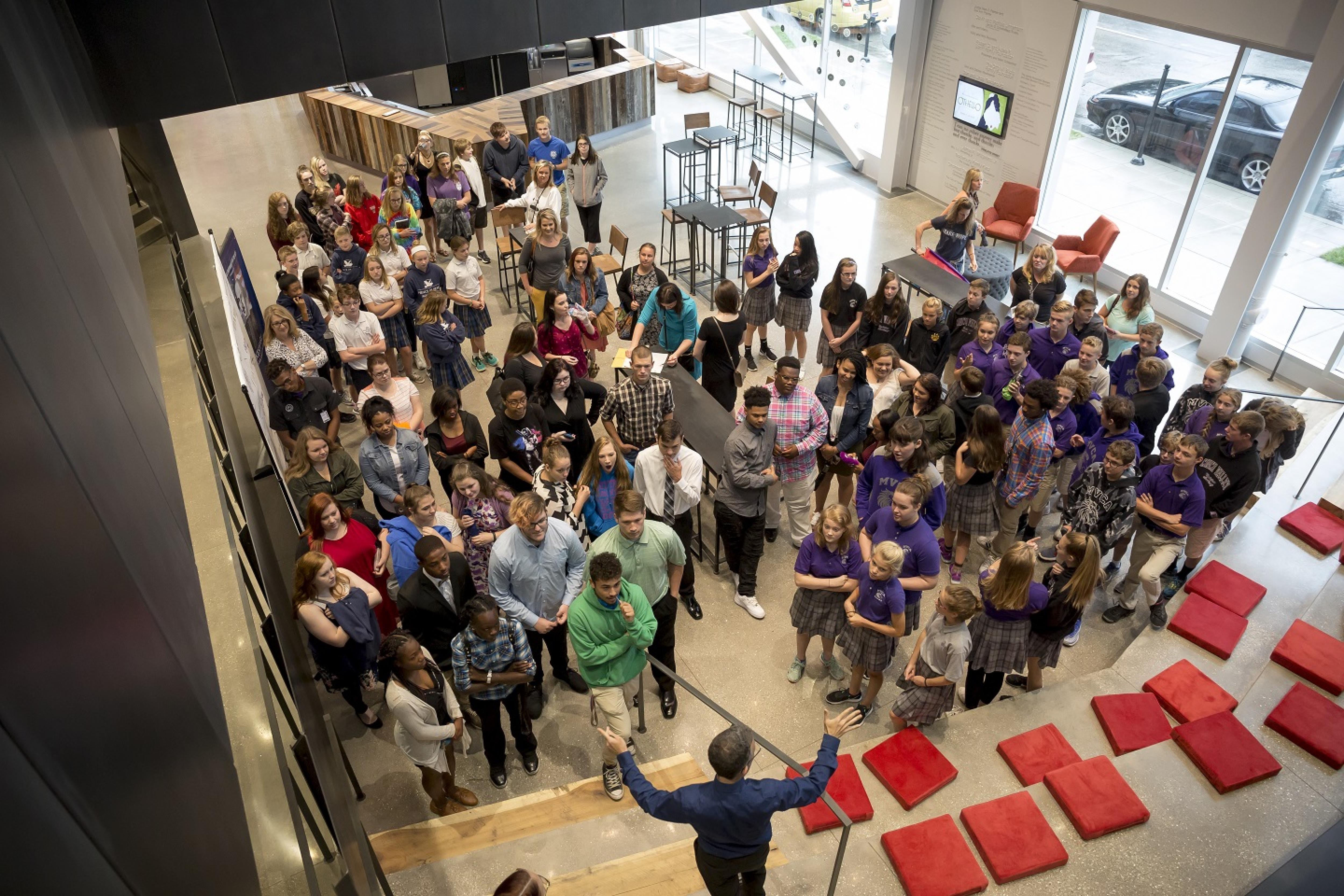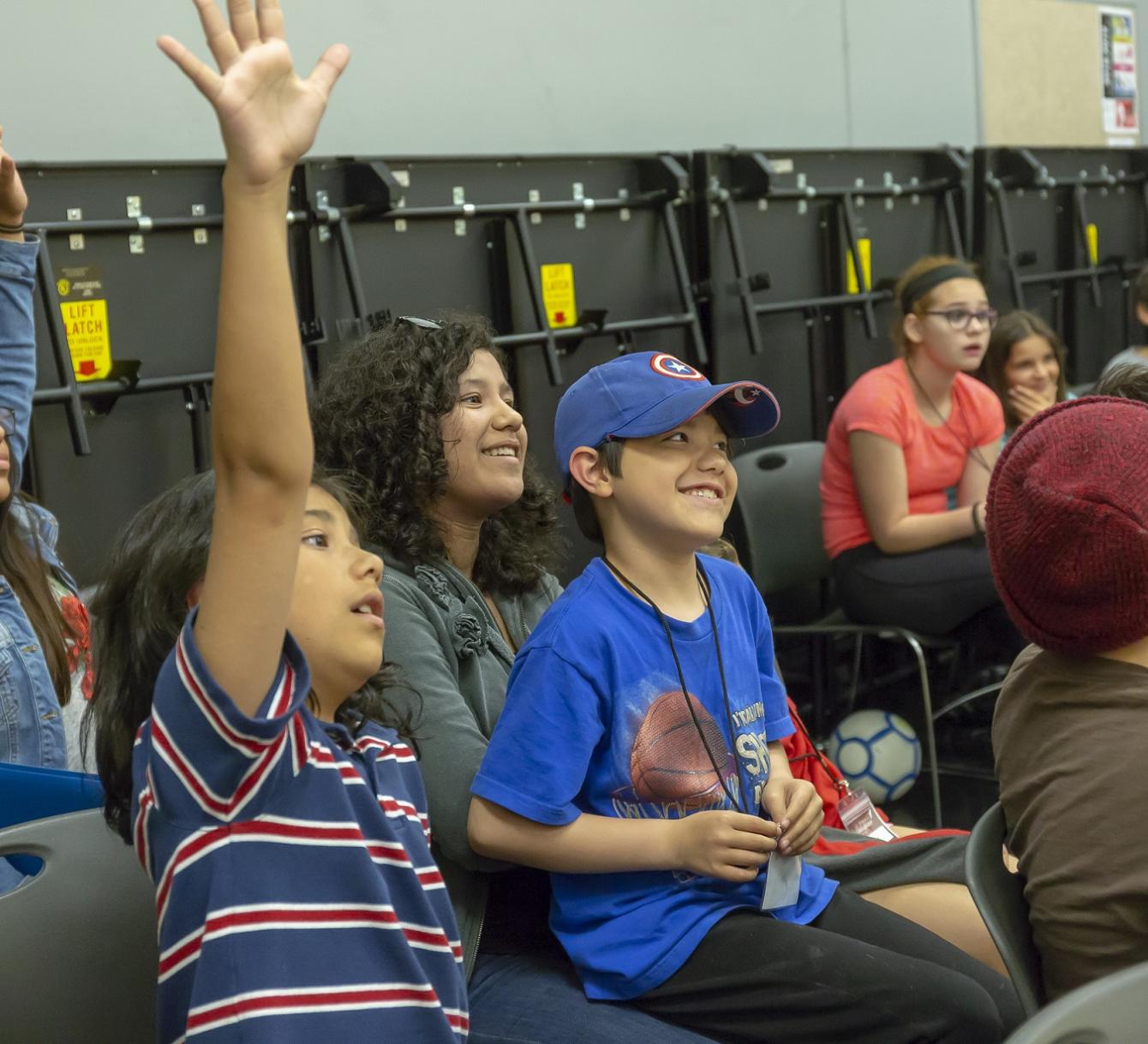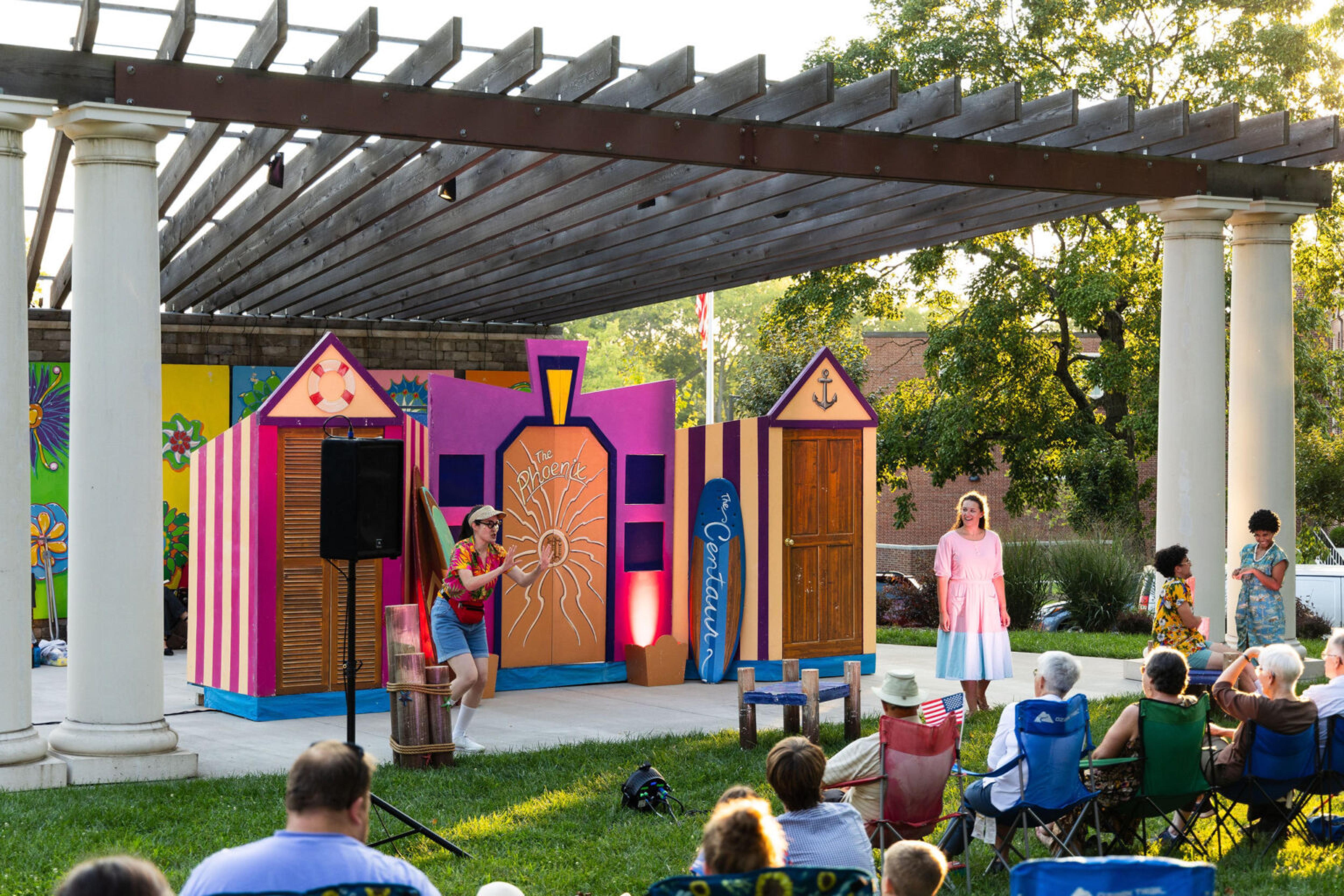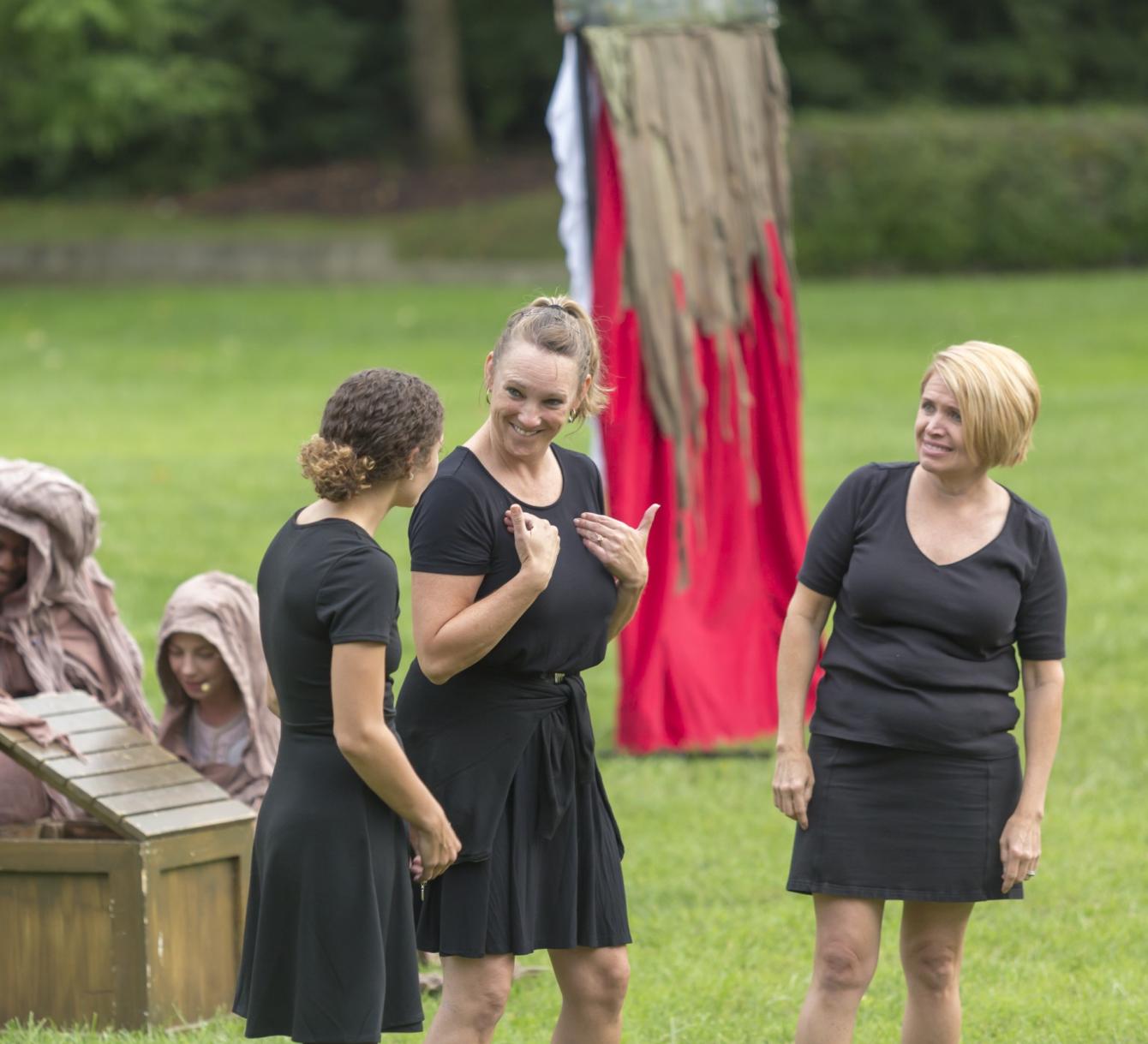Donate
Did you know that at Cincinnati Shakespeare Company, tickets and subscriptions cover less than half of what it costs to produce the world-class productions and programs you know and love? As a 501(c)3 nonprofit charitable organization, we rely on the generous support of this community to fulfill our mission to bring Shakespeare and the Classics to life for all.
When you make a gift to CSC, you ensure that our productions and programs can continue to foster empathy, compassion, and understanding in our community. You employ hundreds of actors, artists, and administrators. You provide vital support for local businesses in arts-adjacent industries like travel, tourism, restaurants, and retail. And you help us deliver on our mission and our promise to 85,000 individuals across the tri-state and beyond.
Thank you for supporting our work. We could not do this without you.

